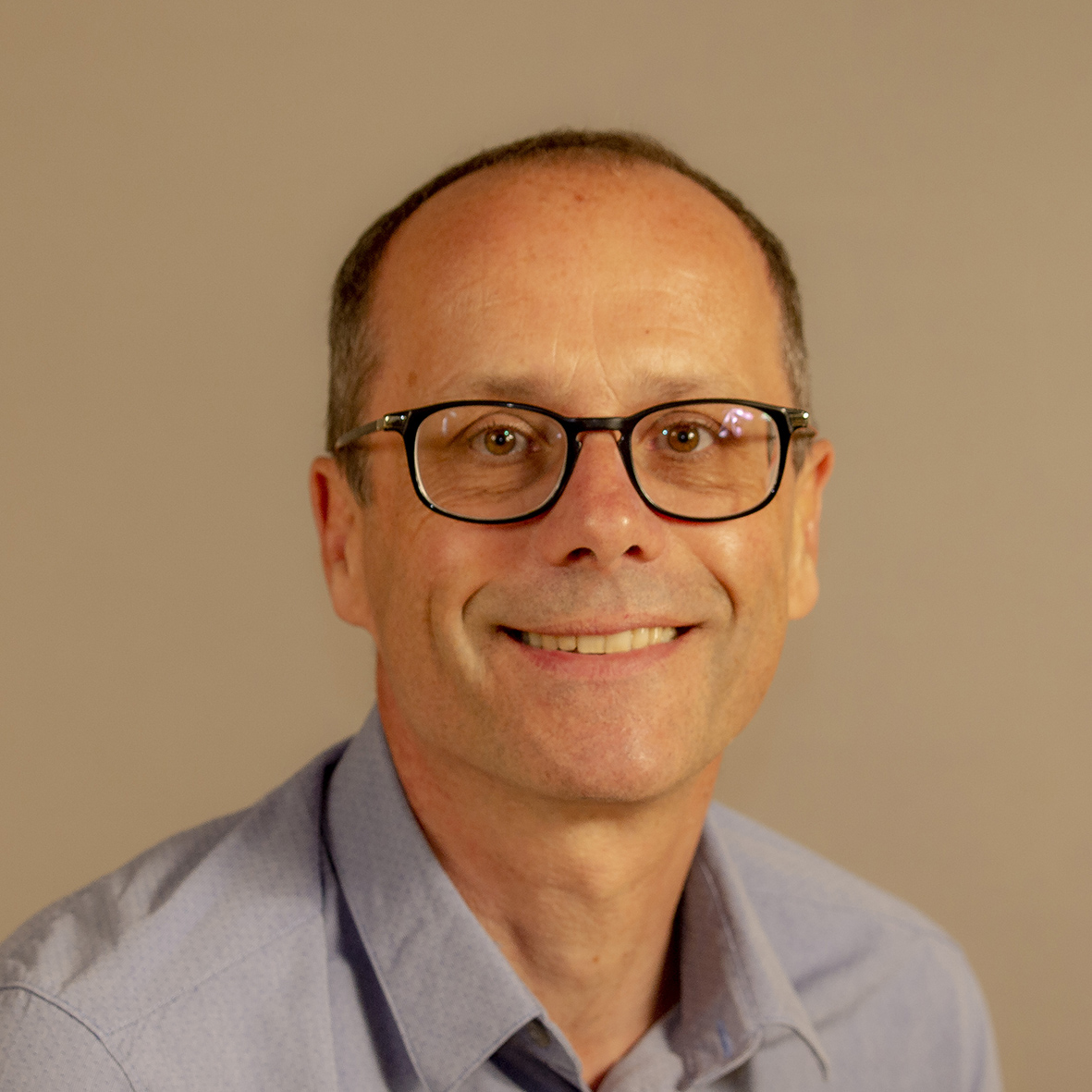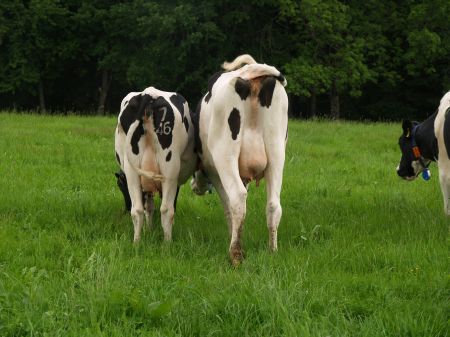With full pasture farming, dairy farms try to implement a "low-input or low-cost" strategy by making the best use of inexpensive pasture feed. Everything that causes high costs in production is largely avoided.
High individual animal performance is not sought for cost reasons and cannot be fed using pasture alone. An important management criterion is the coordination of calving of dairy cows with the growing season (seasonal calving). In favorable grassland locations where there are short periods of dormancy (Ireland, New Zealand, etc.), cows suitable for pasture are calved mainly in spring, ie shortly before the start of vegetation. In comparison, the growing season in Austria's grassland areas is significantly shorter. There are also differences in terms of breeding orientation - on average, Austrian dairy cows are larger and heavier and achieve higher daily and annual milk production. Since pasture feed intake is more limited than in stable keeping with 15-20 kg T per animal per day, high-performance animals mobilize body reserves strongly when fed on pasture alone, especially at the start of lactation. This can lead to metabolic stress and also to a deterioration in fertility results and longevity.
If the aim is to keep the cows in Austria on full pasture during the growing season, then moving the calving time earlier into the winter and targeted stable feeding in the first months of lactation could bring advantages in terms of nutrient supply, performance and animal health With this strategy, however, a decrease in the proportion of pasture grass in the overall annual ration and a significant increase in concentrate feed expenditure and feed costs are to be expected. The research project is intended to examine the influences of the calving time on milk yield, nutrient supply, physiological, economic and ecological parameters on the organic teaching and Moarhof research farm will be examined. Further reliable findings on sustainable and energy-efficient dairy farming based on “low-input” full-pasture farming will be provided.
Goals of the project:
If "low-input, full-pasture farming" is aimed at with animals with high (daily) milk production during the growing season, then moving the calving time earlier into the winter and targeted stable feeding in the first months of lactation could bring advantages in terms of nutrient supply, performance and animal health In contrast, with this strategy, a decrease in the proportion of pasture grass in the overall annual ration and an increase in concentrate feed consumption and feed costs must be expected. The research project is intended to examine the influences of the calving time on milk yield, nutrient supply, physiological, economic and ecological parameters - and research operation Moarhof are examined.
The project aims to test the following hypotheses:
1.) High-yielding cows can be fed better during winter calving during the stable period
(higher annual milk production, more stable and higher content of milk ingredients,
less loss of body condition at the start of lactation due to improved
nutrient supply)
2.) Spring calving can save concentrated feed and
increase the proportion of pasture grass in the annual ration (more cost-effective ration but lower performance, lower
milk ingredients; effects on nutrient balance and economy)
3.) With spring calving, a shorter lactation period is to be expected and the
cows have to build up their body condition more during the dry period.







